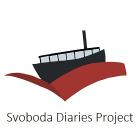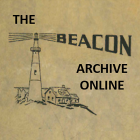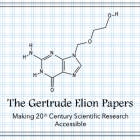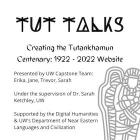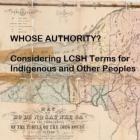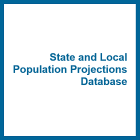
SustainaBUILD: Helping small businesses adopt sustainable packaging
Packaging and containers currently account for roughly 28% of all solid waste in the United States. Businesses are not incentivized to transition to sustainable packaging when plastic packaging is cheaper and easier to access. SustainaBUILD analyzes the current packaging consumption of small foodservice businesses and recommends sustainable alternatives, informed by current city regulations so businesses can reduce their waste and save time. With the entire process taking less than five minutes, SustainaBUILD dramatically increases the efficiency of sourcing sustainable packaging and allows business owners to dedicate more time to serving their customers and benefiting their communities.


